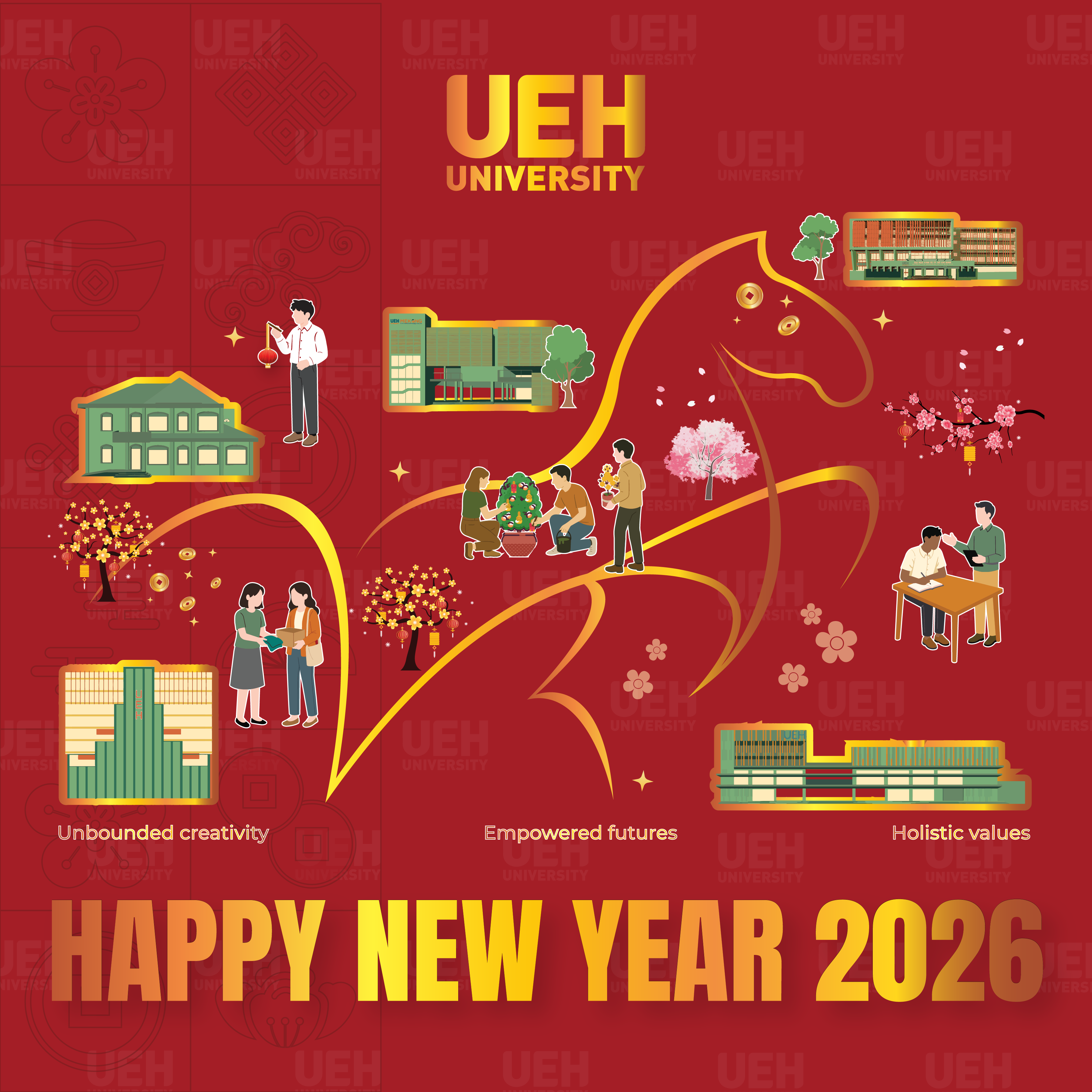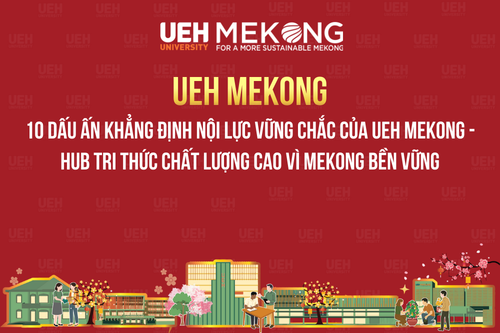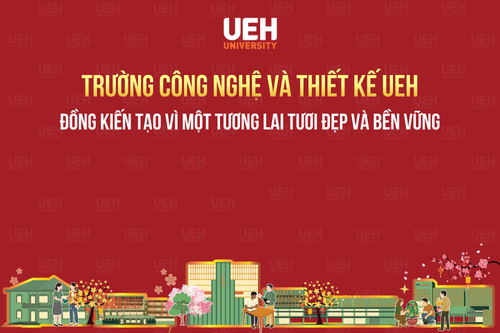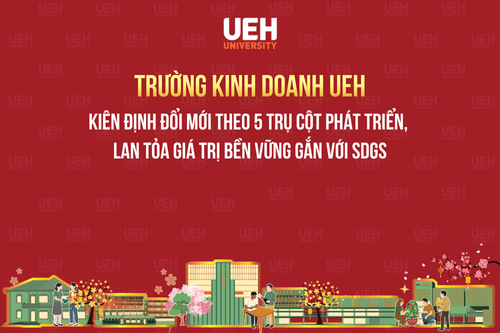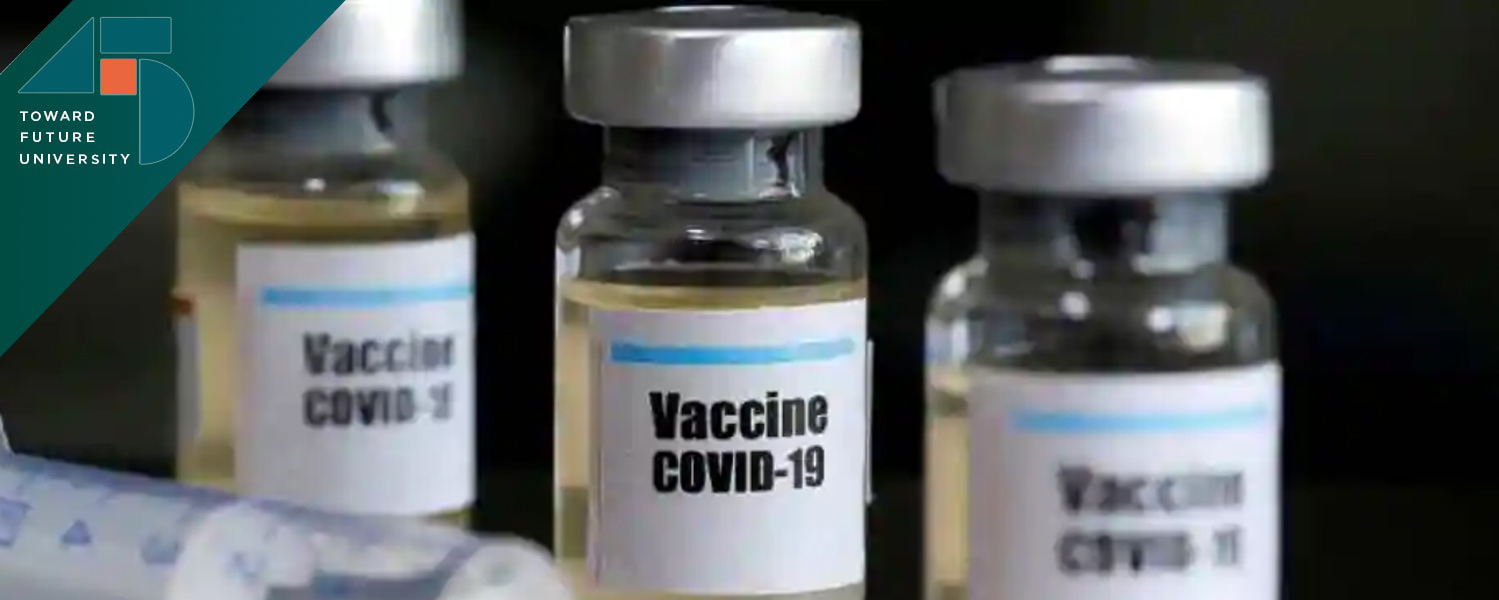
UEH expert group: Vaccine fund will be feasible when people contribute
01 Jun, 2021
[Saigon economy online] If the Government plans to deploy an effective Covid-19 vaccine and an appropriate media campaign, people are willing to pay to be vaccinated to prevent disease for themselves and help the community curb the spread of the epidemic.
The National Ministry of Finance has just submitted to the Government for approval the establishment of a Covid-19 vaccine fund to buy 150 million doses of vaccine for about 75 million people. It is estimated that the total budget is about VND 25,200 billion, of which the central budget is expected to contribute about VND 16,000 billion. In contrast, the local budget and socialization sources contribute roughly VND 9,200 billion.
But if the epidemic prolongs, the need for a vaccine then does not stand at just one year. Therefore, financial sources for the fund need to be diversified, especially when the national budget is under great pressure.
A recent study1 conducted by a research team from UEH School of Economics and Vietnam - Netherlands Programs, University of Economics Ho Chi Minh City, shows that the establishment of a vaccine fund is feasible with the participation of the people.
Specifically, the research team's vaccine demand survey showed that 76% of Ho Chi Minh City people are willing to pay nearly 700,000 VND for 2 doses of the Covid-19 vaccine.
There has not been any research on people's willingness to pay. Still, it can be roughly estimated that the total people's willingness to pay for a vaccine against the Covid-19 epidemic will be about 27,700 billion VND.
There are two important assumptions in this estimate. First, the rate of 76% of HCMC residents is also the national average. Second, national willingness to pay is 50% of Ho Chi Minh City's,, which means 350,000 VND for two doses of vaccine (corresponding to the fact that the average income of Ho Chi Minh City is more than twice the national average according to statistics).
So far, solutions such as social distancing, social quarantine or blockade can slow down the Covid 19 outbreak. Still, they are not long-term solutions to overcome the epidemic and recover the economy, especially when nations cannot stand alone in the context of globalization. Concerns about reopening the economy will never end as long as we are concerned about the spread of the disease.
Therefore, vaccines may be the only effective long-term solution, helping the human body create an immune response against the virus. People who are vaccinated are less likely to get the virus. Moreover, if more people are vaccinated, the epidemic can be curbed on a large scale in society. Nearly 60% of adults in the US have received one or two shots of the vaccine. US President Biden declared victory over Covid-19, and daily activities are gradually returning to the US.
Once the vaccine is publicized to the market, the countries will aim to get as many people vaccinated as possible to achieve community immunity through the vaccine. Because of the "semi-public goods" nature of the Covid-19 vaccine (vaccine users not only prevent themselves but also help the community prevent the spread of the disease), the government can partially or fully financially support the policy of vaccination on a large scale.
However, it is difficult for developing countries like Vietnam to sponsor the vaccination policy for the whole country, especially when the budget is under high pressure because of the epidemic. At this time, the payment from the people plays a paramount role in determining the success or failure of the policy of community immunity through vaccines.
The study also revealed many other notable features. People are willing to pay for the vaccine but do not care much about the effectiveness and duration. The amount willing to pay for a 50% potency vaccine is not much different from an 80% potency vaccine.
People also do not have "price discrimination" between vaccines valid for 1 year or 3 years. They only care about whether there is a vaccine and whether the price is suitable for their income. Perceived risk of infection also affects the willing-to-pay-price for vaccines. If people feel that their activities or living environment are susceptible to Covid-19 infection, the likelihood of being willing to vaccinate will also be higher.
The studies mentioned above results are the suggestions that show the possibility of the National Vaccine Fund Mobilizing Project with the amount of money they are willing to pay, but how to get people to voluntarily, quickly, and substantially will be another story. The feasibility and maintenance of the vaccine fund will be higher if the government has a suitable media campaign and an effective Covid-19 vaccine implementation plan.
1Research on “Covid-19 vaccine demands of Vietnamese individuals and households” was conducted by a group of authors from the School of Economics and Vietnam - Netherlands Programs, University of Economics Ho Chi Minh city, including Truong Dang Thuy, Pham Khanh Nam, Pham Nhu Man, Le Thanh Nhan.
Author: Pham Khanh Nam, Viet Dung.
Source: Saigon Economy Online
.jpg)

